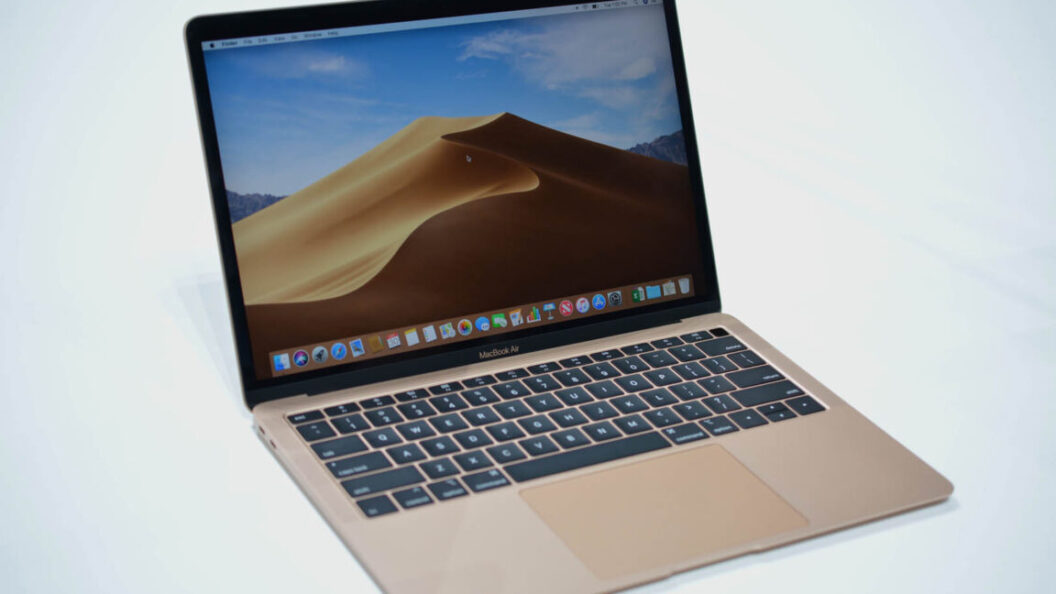Apple Rumors Resurface: A Low-Cost MacBook on the Horizon?
Introduction
In the dynamic landscape of technology, Apple remains a focal point for speculation and rumor, particularly regarding its next potential product launches. Among these whispers, one persistent idea has captured the attention of Apple enthusiasts for over a decade: the possibility of a low-cost MacBook. Supply chain analyst Ming-Chi Kuo recently revived these long-standing rumors, suggesting that Apple may soon introduce a more affordable laptop featuring the A18 Pro chip, which raises questions about its target market and practical applications.
The Origins of the Low-Cost MacBook Concept
The notion of a budget-friendly MacBook has circulated since the late 2000s during the rise of netbooks. Despite various industry changes—ranging from processor updates to shifts in corporate leadership—Apple’s pricing for its laptops has remained relatively unchanged, consistently starting around $1,000 for over two decades. The average consumer may well ask why Apple has not yet capitalized on the demand for a lower-priced alternative.
Recent Developments
Kuo’s latest insights indicate that Apple is actively working on a new low-cost MacBook model, reportedly utilizing the A18 Pro chip typically found in iPhones. According to Kuo, this device will feature a 13-inch screen and will be available in multiple colors, akin to Apple’s budget-friendly A16 iPad. This development suggests that Apple may be aiming to capture a broader audience, particularly students or budget-conscious consumers seeking an entry point into the Apple ecosystem.
Confirmations from MacRumors
Adding credibility to Kuo’s claims, MacRumors has pointed to an internal identifier, “Mac17,1,” found in previous macOS updates. This model is suggested to be far enough along in the development process that Apple’s beta operating systems have already been successfully run on it, further hinting at the inevitability of a release.
Past Attempts and Market Implications
The previous wave of rumors about a low-cost MacBook occurred in late 2023, driven again by Kuo. However, those claims lacked the validation provided by software corroboration. With Apple’s increasing control over chip manufacturing, the feasibility of producing a lower-cost model becomes more tangible. The central questions now revolve around the device’s utility and targeting: Who would buy this new MacBook, and how would it stack up against existing models like the MacBook Air?
Target Market Considerations
If a budget MacBook does come to fruition, it could serve several purposes. For students and young professionals, a lower-priced model could make Apple more accessible while maintaining the brand’s reputation for quality. The challenge lies in differentiating this potential product from the existing lineup. Should the budget MacBook offer significantly fewer features or hardware capabilities—a question that could stymie its appeal—it risks alienating consumers who are accustomed to the premium experience Apple products provide.
The Ongoing Debate
Controversially, some analysts have questioned whether Apple should even enter the lower-cost laptop market. Critics argue that such a move could dilute the brand’s premium image and lead to internal competition among MacBook products. Others point out that by providing an entry-level option, Apple could attract new users who later transition to higher-end devices.
Conclusion
As the speculation surrounding a low-cost MacBook continues to circulate, it invites a broader discussion about the direction of Apple’s product strategy and its implications for the brand’s image. The introduction of a more affordable MacBook could significantly alter the landscape of the laptop market, providing consumers with more choices while challenging existing products within Apple’s lineup. If realized, this development could redefine the expectations surrounding Apple products, potentially appealing to a new generation of users eager to experience the brand’s ecosystem at a lower price point. The ramifications of this rumored shift illustrate not just the evolving needs of consumers but also Apple’s response to a highly competitive technology market.









